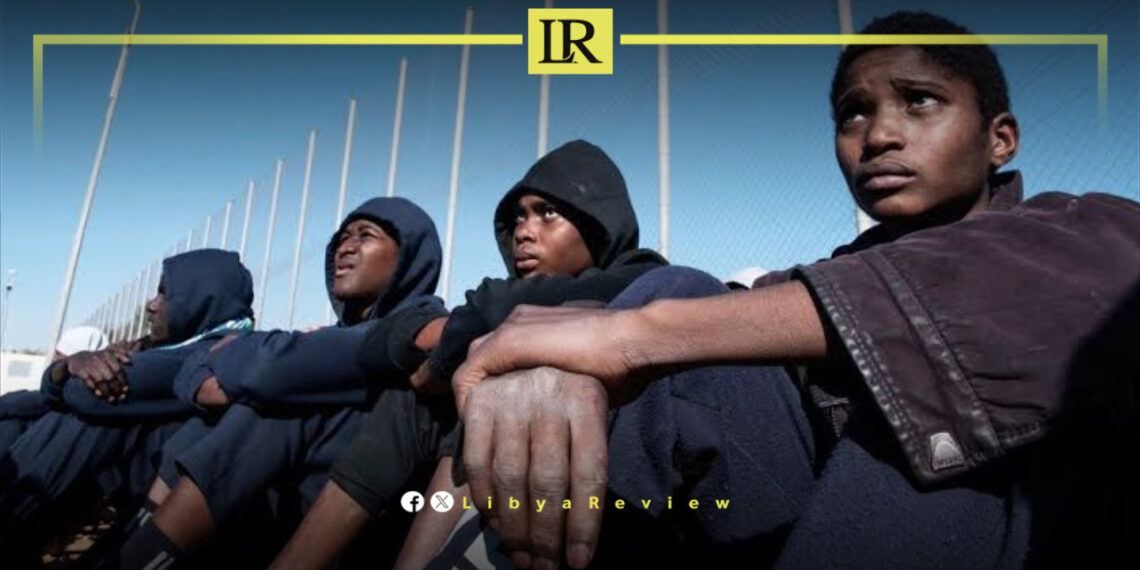Concerns over human rights violations in Libya are intensifying, as reports of arbitrary arrests and detentions spread across both eastern and western regions of the country.
Recent weeks have seen the targeting of judges, election candidates, political activists, and even the relatives of outspoken commentators, raising alarms among United Nations officials, diplomats, and rights groups.
The United Nations Support Mission in Libya (UNSMIL) has issued a series of increasingly urgent statements, warning of the misuse of detention powers by Libyan authorities and armed groups. According to the mission, individuals are being targeted based on their political affiliations and public opinions, in violation of Libya’s obligations under international law.
This follows a growing wave of detentions that include the arrest of Judge Ali Al-Saghir, the ongoing imprisonment of military prosecutors Mansour Daoub and Mohamed Al-Mabrouk Al-Kar, and the arbitrary detention of lawyer Muneer Obeid in Benghazi.
In Marj, five young men have reportedly been imprisoned for over six months for allegedly managing Facebook pages critical of the armed forces in eastern Libya.
During a recent meeting with UN envoy Hanna Tetteh, several foreign ambassadors expressed concern over what they described as “shrinking civic space” in Libya, and condemned what they called a “coordinated crackdown on migrants and political dissent.”
In Tripoli, arrests have also targeted municipal election candidates and the brother of political commentator Hossam Al-Gamati, raising suspicions that security agencies are increasingly being used to stifle competition and suppress freedom of expression.
Human rights activist Ali Al-Asbali warned that Libyan officials involved in these violations could eventually face international accountability, including travel bans and arrest warrants.
In December, UN Deputy Envoy Stephanie Khoury raised further concerns before the UN Security Council, pointing to reports of deaths in detention centers and calling for UN access to all prisons across Libya.
Libya remains deeply divided between two rival governments: one in Tripoli, led by Abdulhamid Dbeibah, and another in Benghazi, headed by Osama Hammad and backed by Field Marshal Khalifa Haftar and the House of Representatives.
Rights observers warn that continued detentions without legal justification are not only worsening Libya’s political fragmentation but also threatening prospects for free and fair elections.


